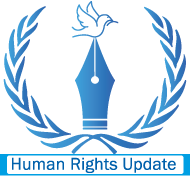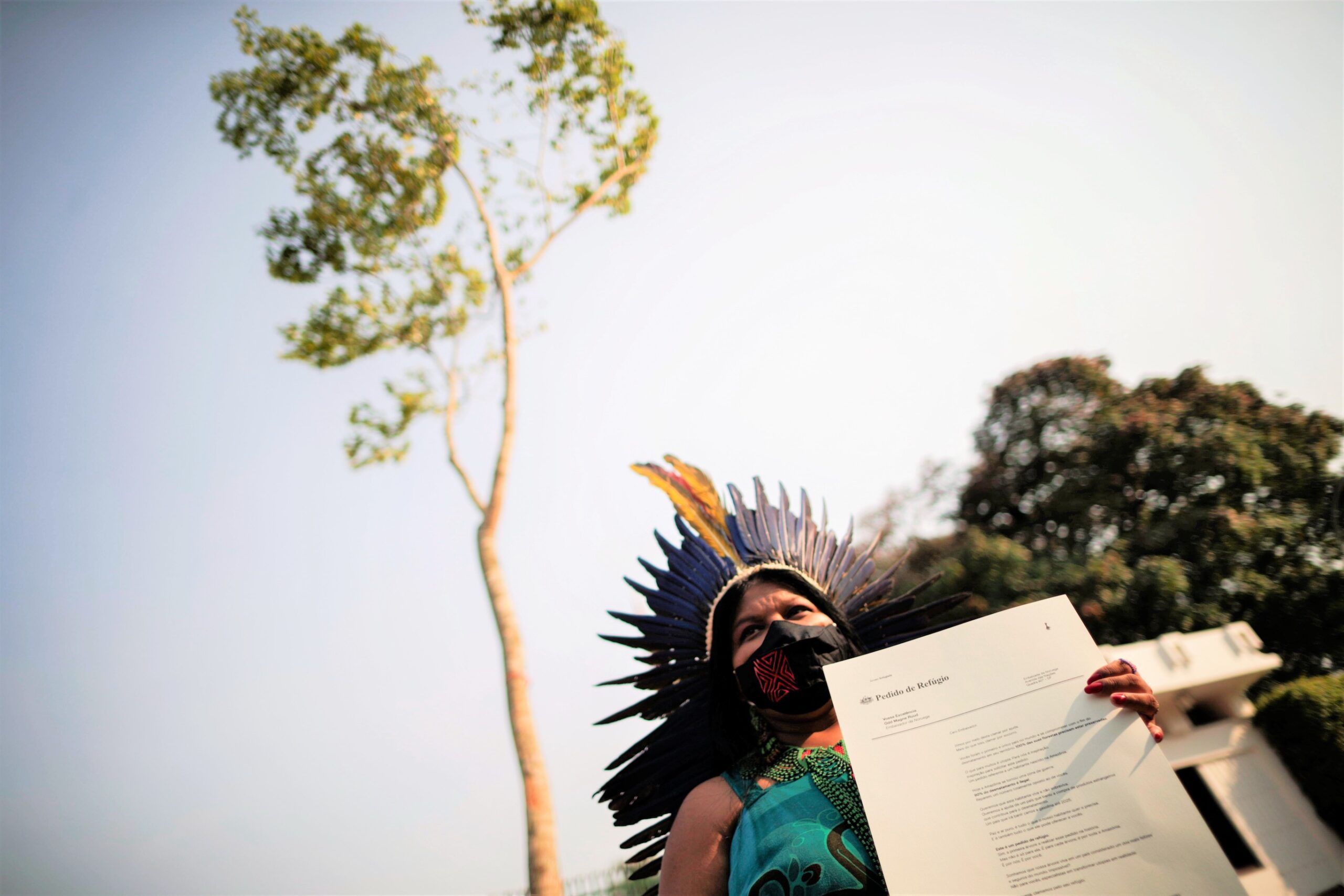Special Correspondent: In a move that has sparked widespread controversy, Prime Minister Sheikh Hasina has appointed the contentious editor Nayeemul Islam Khan as her new press secretary. The Ministry of Public Administration’s announcement on June 6 has been seen as a reward for Nayeemul Islam Khan’s unwavering support of Hasina’s government, particularly in the face of international criticism regarding human rights violations.
For the past 15 years, Nayeemul Islam Khan has been a staunch defender of the Hasina administration, frequently appearing on talk shows to counter global concerns about Bangladesh’s human rights record. When countries like the United States criticized the government’s actions, Khan quickly deflected the blame, often pointing fingers at the human rights issues within those countries.
Many view Nayeemul Islam Khan’s appointment as a culmination of his loyalty to the regime. On June 6, the Ministry of Public Administration officially announced his new role as the Prime Minister’s press secretary. This comes ahead of Prime Minister Hasina’s trip to India, where Khan will accompany her to meet with Prime Minister Narendra Modi.
Nayeemul Islam Khan’s controversial past includes his expulsion from the daily Ajker Kagoj in 1992 for misappropriating funds through signature forgery. His tenure at daily Bhorer Kagoj was similarly plagued by allegations of embezzlement, amounting to approximately half a crore Taka. Following these incidents, Khan founded a media NGO, BCDGC, and engaged in further questionable activities as a public relations officer for the controversial NICO.
Khan’s dubious dealings did not end there. He took substantial sums from the owner of Multiplan Center under false pretences, claiming he would publish a newspaper named Daily Notun Dhara. He also deceived the founder of Stamford University, MA Hannan Feroze, involving crores of Taka. His history in journalism is marked by what many describe as unmatched shamelessness and dishonesty.
Additionally, Khan has been linked to one of Bangladesh’s most fraudulent companies, Youth Employment Society (JUBOK), which embezzled 85000 crore Taka from millions of young Bangladeshis. His influence and connections have allowed him to occupy land illegally in Cox’s Bazar beach.
Reports indicate that Nayeemul Islam Khan has exploited journalists, employing low-paid workers and laying them off without notice. He has allegedly manipulated government systems to secure high advertisement rates for his newspapers while providing minimal compensation to his employees.
Nayeemul Islam Khan’s editorial empire includes at least 22 newspapers and online outlets, such as Daily Amader Orthoneeti, Amader Notun Shomoy, Our Times, amadernotunshomoy.com, Our Islam, Amader Comilla, and Debidwar. However, he reportedly does not issue appointment letters to journalists and dismisses them at will. Despite these papers showing inflated circulation numbers to secure higher advertisement rates, they lack separate correspondents and are often run by a single journalist.
Another blot on Khan’s record surfaced in 2011 when a Dhaka court granted him bail in a case involving the misappropriation of Tk 2.35 crore. The case, filed by MNH Bulu, chairman of BNS Group of Companies, accused Khan of proposing share allotments in the daily Amader Shomoy and then failing to deliver, despite receiving the payment between May 2009 and September 2011.
Nayeemul Islam Khan will likely continue influencing the narrative around Hasina’s administration in his new role. Alongside Julhas Alam, the Dhaka bureau chief of the US news agency Associated Press (AP), Khan played a significant role in advising the government on the Digital Security Act, a law criticized for enabling the harassment of journalists and human rights workers.
Nayeemul Islam Khan’s appointment clearly signals the government’s disregard for press freedom and human rights. As Bangladesh faces increasing scrutiny on the global stage, selecting a figure like Nayeemul Islam Khan underscores the administration’s commitment to maintaining a narrative that supports its policies, regardless of the cost to democratic values and journalistic integrity.






